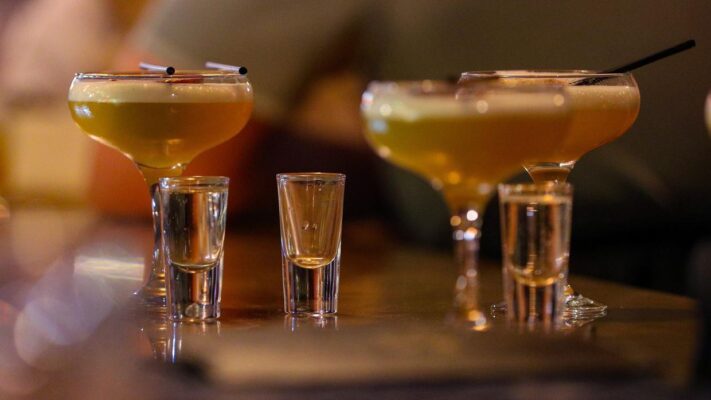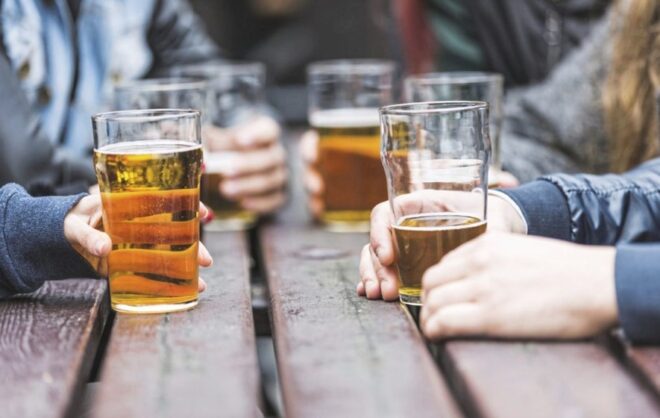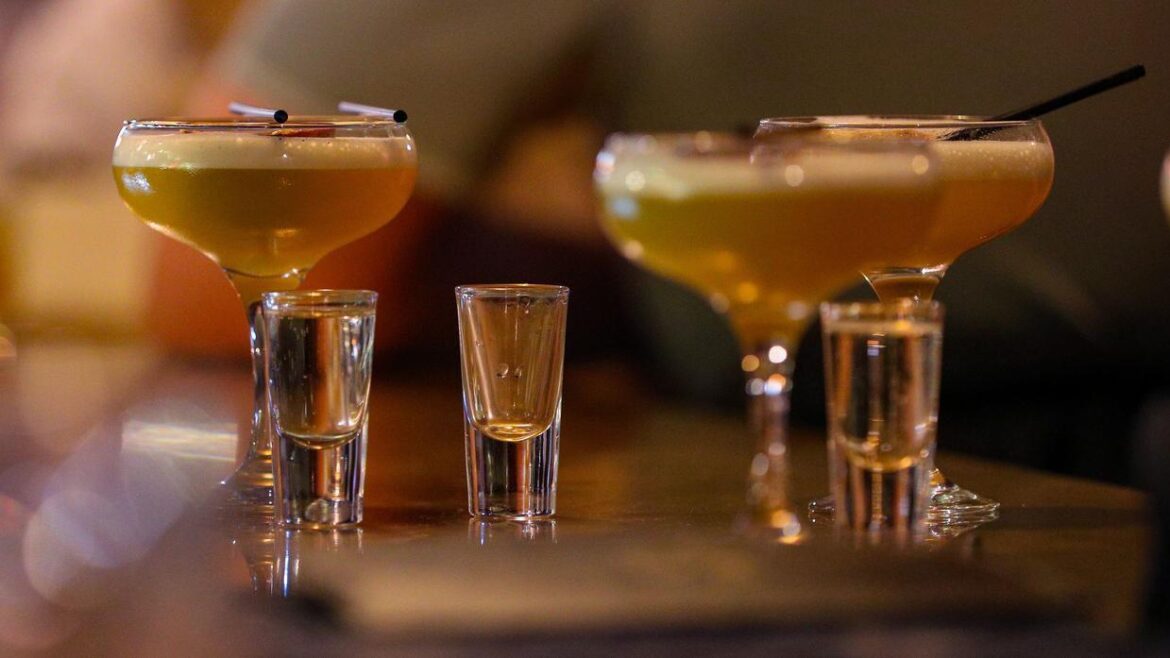 THE Ulster University (UU) says it has received three reports from students who believe they have had their drinks spiked in Derry.
THE Ulster University (UU) says it has received three reports from students who believe they have had their drinks spiked in Derry.
The incidents are alleged to have occurred in the past week, UU said.
On Wednesday police appealed for anyone who believes they had their drink spiked while out in the city centre last weekend to contact them.
Reports have suggested that a further three females had their drinks spiked while out socialising at licensed premises in the city.
Justice Minister Naomi Long said the reports are “unacceptable and disturbing”.
She said it is” absolutely horrific” that young women cannot enjoy college life “because there are those predatory individuals, abusive individuals, who are determined to act in such a violent way towards women”.
The UU students to have come forward have been “supported by the university’s residential life team and advised to seek medical assistance and report what had happened to police”, the university said.
Mrs Long also urged anyone who suspects their drink to have been spiked to come forward.
“We need these incidents to be reported so we have a very clear picture of the extent that this is happening in the community,” she told BBC Radio Foyle.
It comes as campaigns around drink spiking have been gathering pace in Leeds and Sheffield.
Nottinghamshire Police has confirmed it was looking into multiple reports of people being “spiked physically”.
SDLP Foyle MLA Sinead McLaughlin has asked the justice minister to review the law around drink spiking.
She said that there were “allegations that drink-spiking has occurred in at least two different bars in Derry” last weekend.
“My office has received allegations of several incidents of drinks being spiked in Derry city centre bars,” she said.
“This is extremely concerning and this must be taken very seriously. The perpetrators behind these incidents must be brought to book.
“It is also very worrying to hear reports from England that there have been incidents where women have been injected with drugs, by being jagged in the back of the neck or leg.”
But Mrs Long said the offences are covered by existing legislation.
There is “no question how seriously the law takes it,” she said.
“I think the issue is about the confidence of victims who feel so confused, often humiliated, embarrassed and afraid because their memory perhaps of the incident is not as clear as they would want it to be before they make a police report,” the justice minister said.
Mrs Long added: “There is work that needs to be done with men, and it is mainly men, who go out into the community feeling so entitled and so desirous of power over women that they are willing to go to these kinds of extreme lengths to spike drinks and potentially sexually assault women, because in most cases that is the outcome”.
Sinn Féin Derry politician Ciara Ferguson has expressed concern following reports that a number of people socialising in the city centre at the weekend had their drinks spiked.
 The Foyle MLA said: “Reports that a number of people socialising in our city centre had their drinks spiked is extremely worrying.
The Foyle MLA said: “Reports that a number of people socialising in our city centre had their drinks spiked is extremely worrying.
“We are now heading into to the very busy Halloween and Christmas period which will see a large influx of people into entertainment venues and bars in our city and its very sad that in today’s society we have to warn people about the dangers of drinks being spiked
“Adding alcohol or drugs to someone’s drink, commonly known as drink spiking, has become an increasingly worrying trend in recent years and very often the unsuspecting victim will not be aware until it is too late.
“There are a number of steps that people can take to help protect themselves including: No one should ever leave their drink unattended.
“If you need to go somewhere without your drink, try to ensure someone you trust will watch it until you get back or discard it.
“You should never let a stranger buy you a drink.”
How to help a friend who you think has had their drink spiked:
Stay with them and keep talking to them
Call an ambulance if their condition deteriorates
Don’t let them go home on their own
Don’t let them leave the venue with someone you don’t know or trust
If possible, try to prevent them drinking more alcohol as this could lead to more serious problems
Urine and blood tests carried out in the first 24 to 72 hours are most likely to detect drug traces.
People are also advised not to leave their drinks unattended and never accept a drink from a stranger in case the drink has already been spiked.
Tags:





